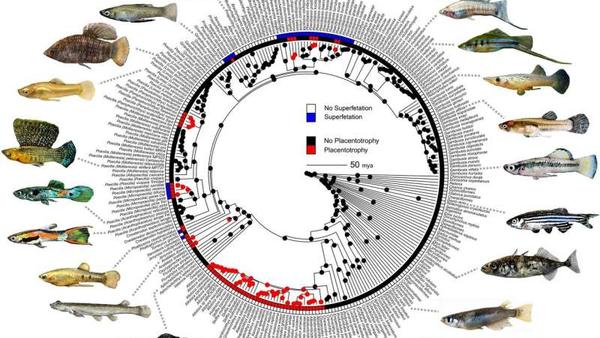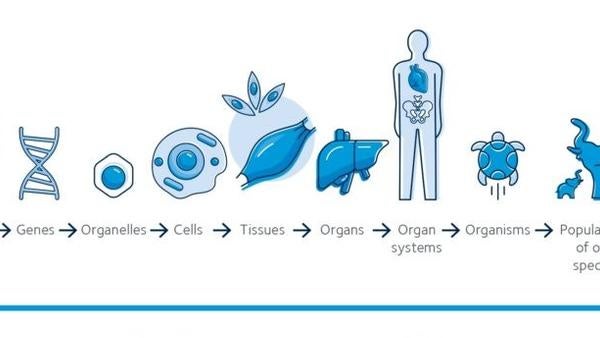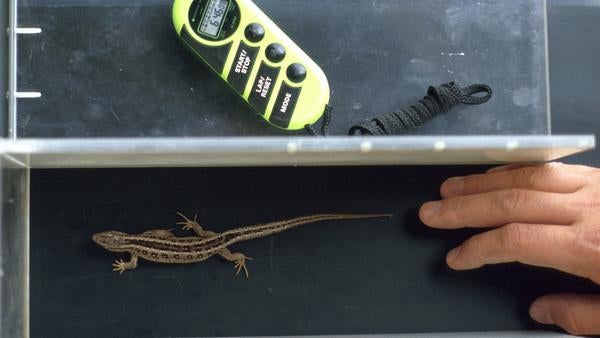Research Interests in the EEOB Graduate Program span from Evolutionary Biology, Ecology, and Organismal Biology

Faculty research interests in Evolutionary Biology
encompass theoretical and experimental population and quantitative genetics, population and community ecology, conservation biology, landscape ecology, life history evolution, sexual selection, behavioral ecology, evolutionary interactions of hosts and parasites, systematics, molecular evolution, ecological aspects of energy acquisition and utilization.

Faculty research interests in Ecology
include population and community ecology, theoretical ecology, conservation biology, landscape ecology, conservation genetics, life history evolution, sexual selection, behavioral ecology, ecological interactions of hosts and parasites, ecological aspects of energy acquisition and utilization.

Faculty research interests in Organismal Biology
encompass behavioral endocrinology, biomechanics, comparative physiology, developmental physiology, evolutionary physiology, regulatory physiology, phenotypic plasticity, and physiological ecology.

Current research in EEOB
uses techniques from mathematics, statistics, computer science, quantitative genetics and molecular and cellular biology to supplement field and laboratory studies. Ph.D. students are expected to gain a broad understanding of the domain of evolutionary biology, ecology and organismal biology through a series of graduate courses that integrate the history of these fields with current controversies and new discoveries. Accordingly, all Ph.D. students take a foundational course in the broad discipline of their choice and at least one course in a disciplinary specialization. Although Masters students are not required to take these graduate courses, most elect to take some of them. Depending on the interests and preparation of the student, additional courses may be recommended and expected by the student’s Guidance Committee.

Research projects of graduate students
in the EEOB graduate program at UCR include field studies, laboratory studies, theoretical work or a mixture of all three. The proximity of Riverside to a variety of different habitats, plus the availability of the extensive UC Natural Reserve System, facilitates the study of a wide variety of natural populations and communities.

We expect applicants to read carefully the research summaries of our faculty
and look at selected faculty publications, so that they have some insight into the research environment we can provide. In addition, prospective graduate students should contact faculty members with interests similar to their own early in the application process. Admission is unlikely without identification of, and prior communication with, a faculty member participating in the EEOB graduate program who can act as a prospective major advisor.
